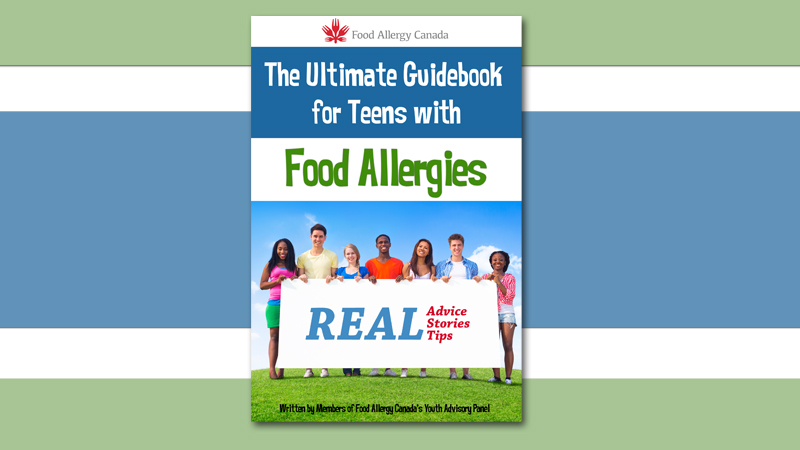Ask the allergist is a regular feature in our newsletters where Canadian allergists answer your questions! Please note: The allergists featured in this series answer questions on general topics, please talk to your doctor if you have questions about your own health or the health of your child.
With Valentine’s Day in mind, we are resharing a question about teens with food allergy and kissing, answered by Dr. Julia Upton.
My teenage son is allergic to milk and eggs; he has had anaphylactic reactions to both. He now has his first girlfriend and I’m looking for information that I can share with him. For example, when is it safe for him to kiss his girlfriend after she has eaten his allergen(s)?
It is possible to have an allergic reaction from kissing if a partner has recently eaten your food allergen. Allergen exposure from kissing can be minimized by waiting a few hours after eating and by eating another food without the allergen. The risk is not fully known but research suggests about 5-12% of people with food allergies have had a reaction from kissing. The risk of reaction from sexual acts such as oral sex is likely very small but not zero.
Education can help teens to live safely and confidently with food allergy. Steps can be taken to minimize the chances of encountering their food allergen and to be ready to treat a reaction if it happens.
Educating your child about their food allergies, telling intimate partners about the food(s) that must be avoided, keeping their asthma controlled (if they also have asthma), and carrying epinephrine and using it to treat anaphylaxis are all important measures to be as safe and confident as possible.
Learn more

Dr. Julia Upton is on staff at the Hospital for Sick Children in the Immunology and Allergy Department; and an Associate Professor in the Department of Paediatrics at the University of Toronto. She is the past Section Chair of the Anaphylaxis and Food Allergy Section of the Canadian Society of Allergy and Clinical Immunology. Dr. Upton is also a member of our Healthcare Advisory Board.
Please note: Dr. Upton is answering as an individual allergist and her answers do not constitute an official position of her affiliated organizations. Her responses are for informational purposes only and do not constitute specific medical advice, recommendations, diagnosis, or treatment. Please talk to your doctor about any concerns or questions you may have regarding your own health or the health of your child.
Do you have a food allergy-related question you’d like to ask an allergist in the months to come? If so, send it along to us at info@foodallergycanada.ca.
Tags: ask the allergist

